GORDON PARSONS is bowled over by a skilfully stripped down and powerfully relevant production of Hamlet
The disillusion of an upper-class Caliban
GORDON PARSONS negotiates an exhaustive biography of WH Auden that explores his growing detachment from England
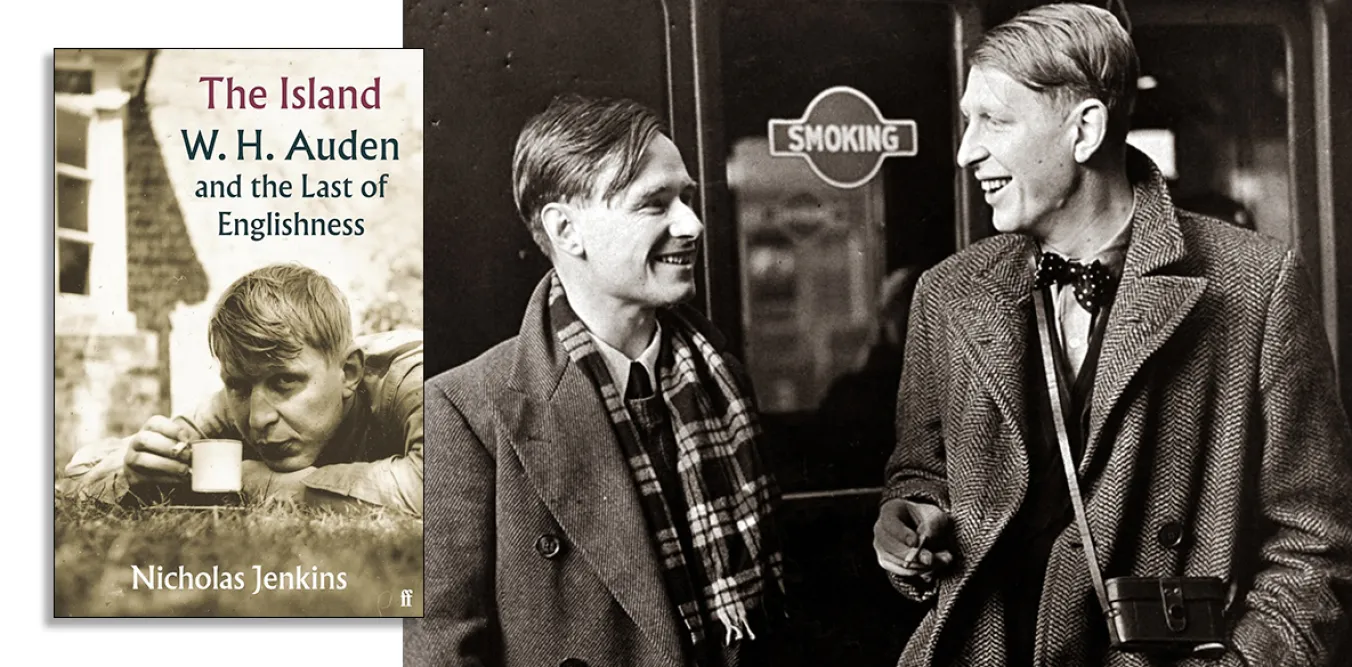
The Island: WH Auden and the Last of Englishness
Nicholas Jenkins, Faber, £25
THE NEW YORK TIMES obituary of Wystan Hugh Auden in 1976 noted that “he was often called the greatest living poet of the English language.”
In one of his essays he claimed that “the only method of attacking or defending a poet is to quote him. Other kinds of criticism, whether strictly literary, or psychological or social, serve only to sharpen our appreciation or abhorrence by making us intellectually conscious of what was previously but vaguely felt.”
More from this author
The phrase “cruel to be kind” comes from Hamlet, but Shakespeare’s Prince didn’t go in for kidnap, explosive punches, and cigarette deprivation. Tam is different.
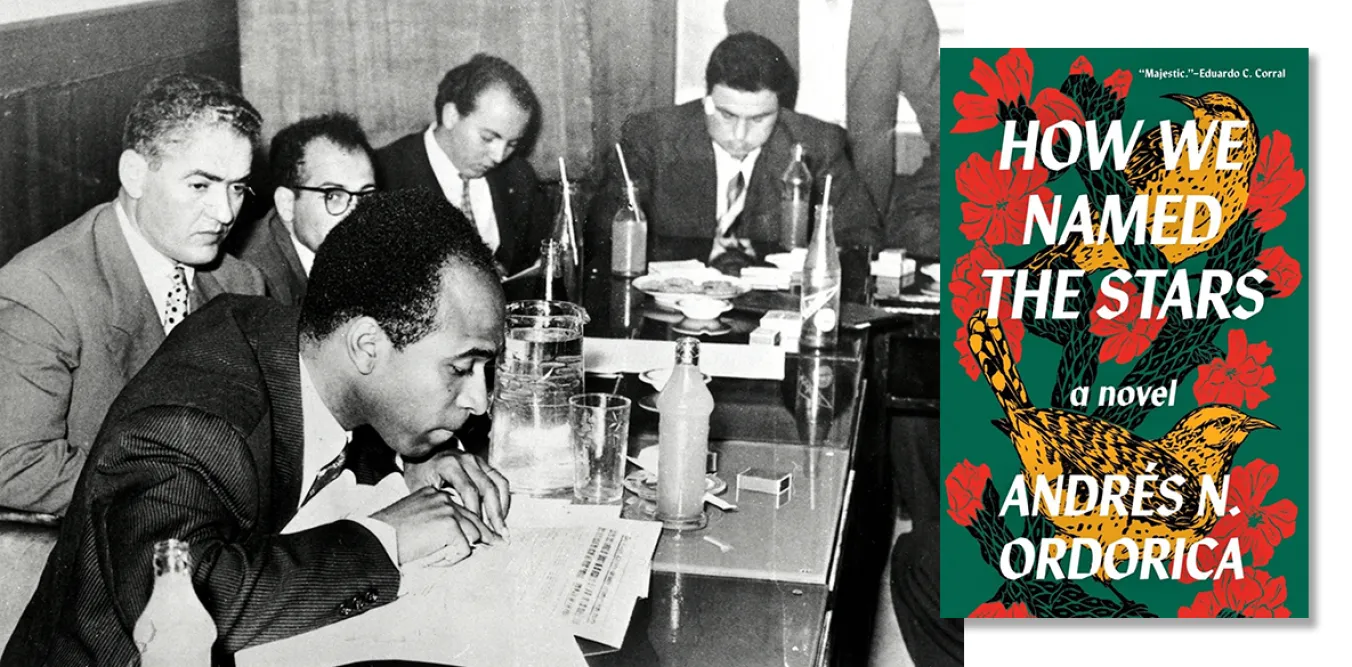
ANGUS REID deconstructs a popular contemporary novel aimed at a ‘queer’ young adult readership

A landmark work of gay ethnography, an avant-garde fusion of folk and modernity, and a chance comment in a great interview

ANGUS REID applauds the inventive stagecraft with which the Lyceum serve up Stevenson’s classic, but misses the deeper themes
Similar stories
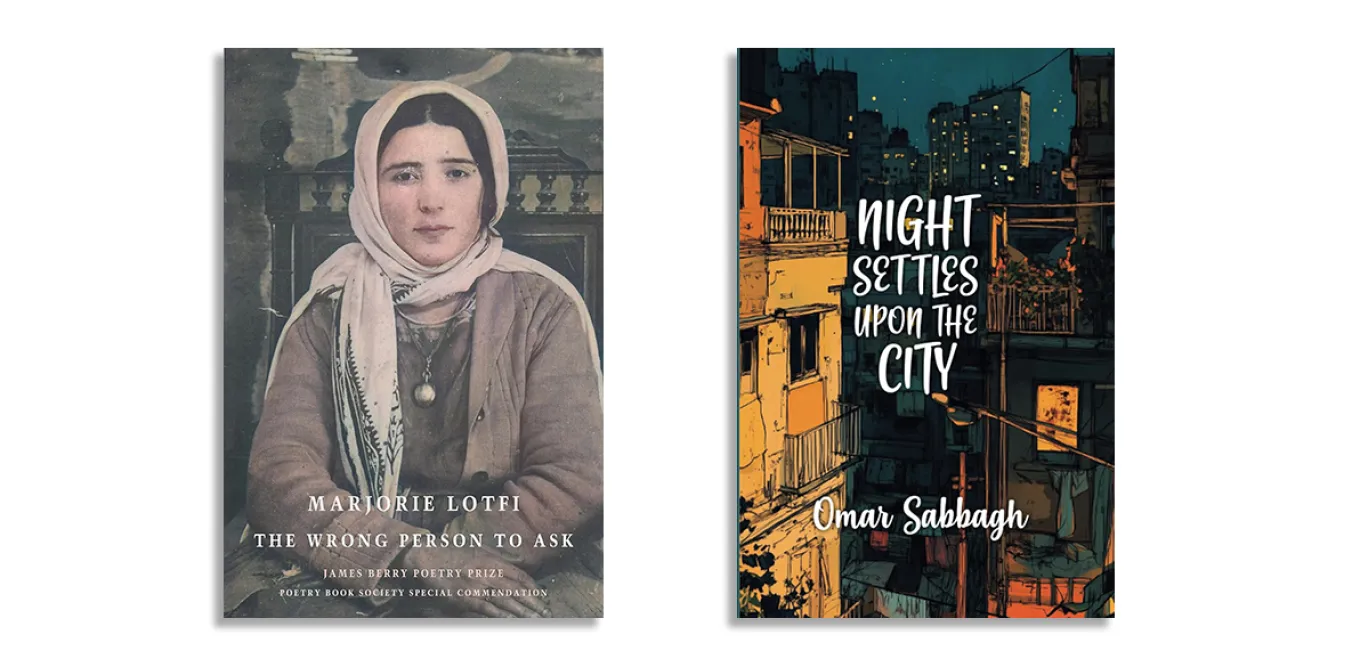
RUTH AYLETT reviews two books of poetry, one by the Iranian American Marjorie Lofti, the other by the British Lebanese Omar Sabbagh
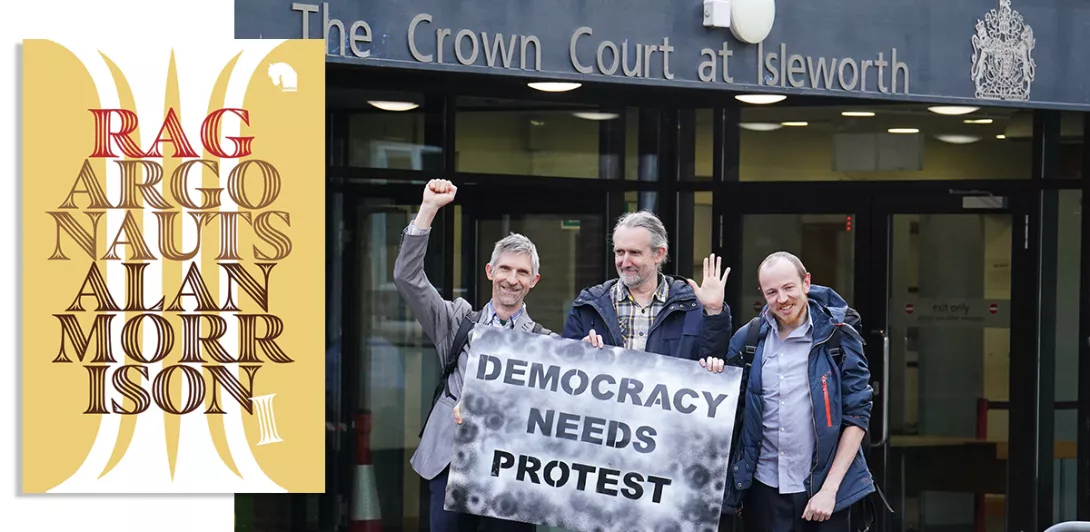
PAUL LAUGHLIN welcomes a collection whose central issues embrace class, unemployment and the benefits system
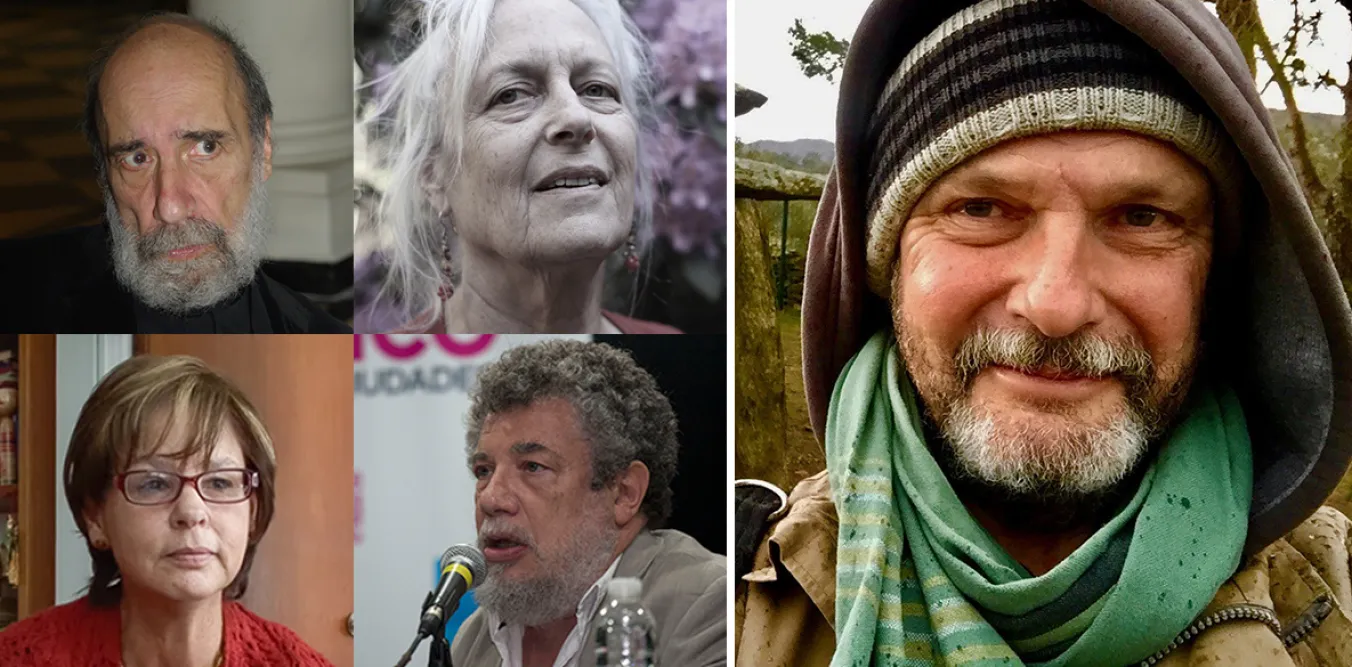
LEO BOIX talks to Richard Gwyn about Latin American poetry, translation and enduring literary friendships
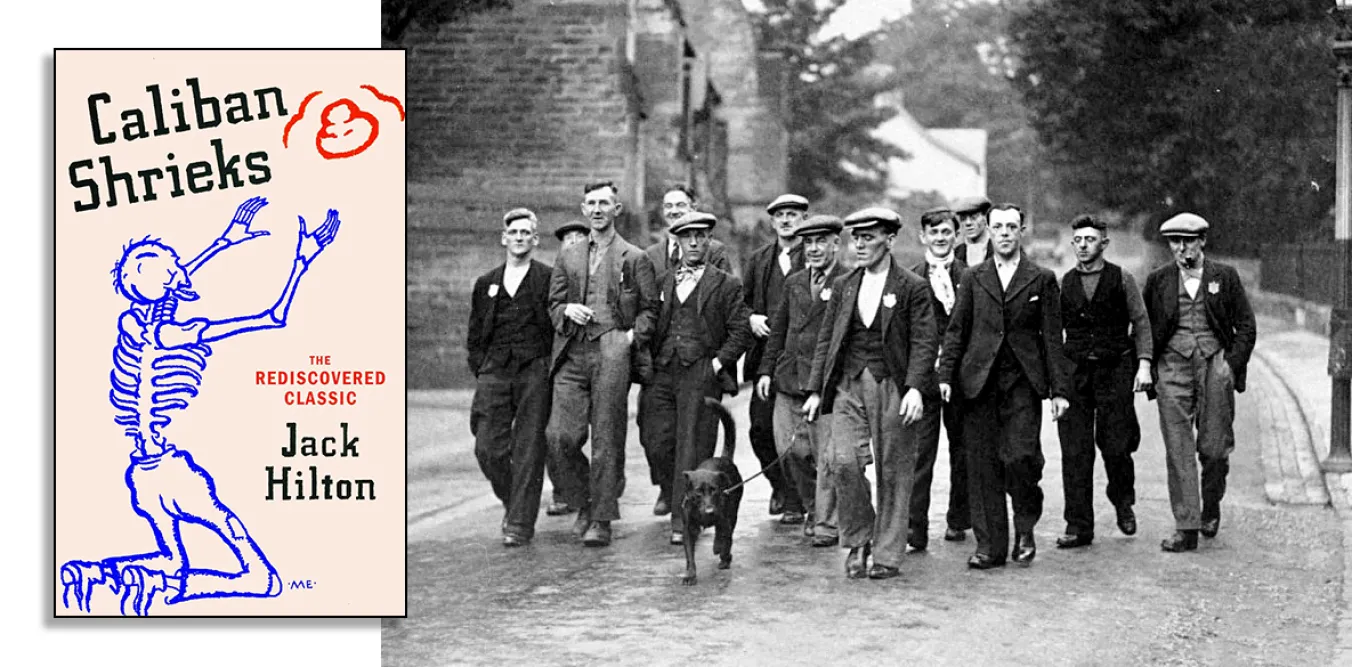
ANDY HEDGECOCK applauds the reissue of a 1935 classic that offers frank and incisive insights into working-class life in 20th-century Britain









